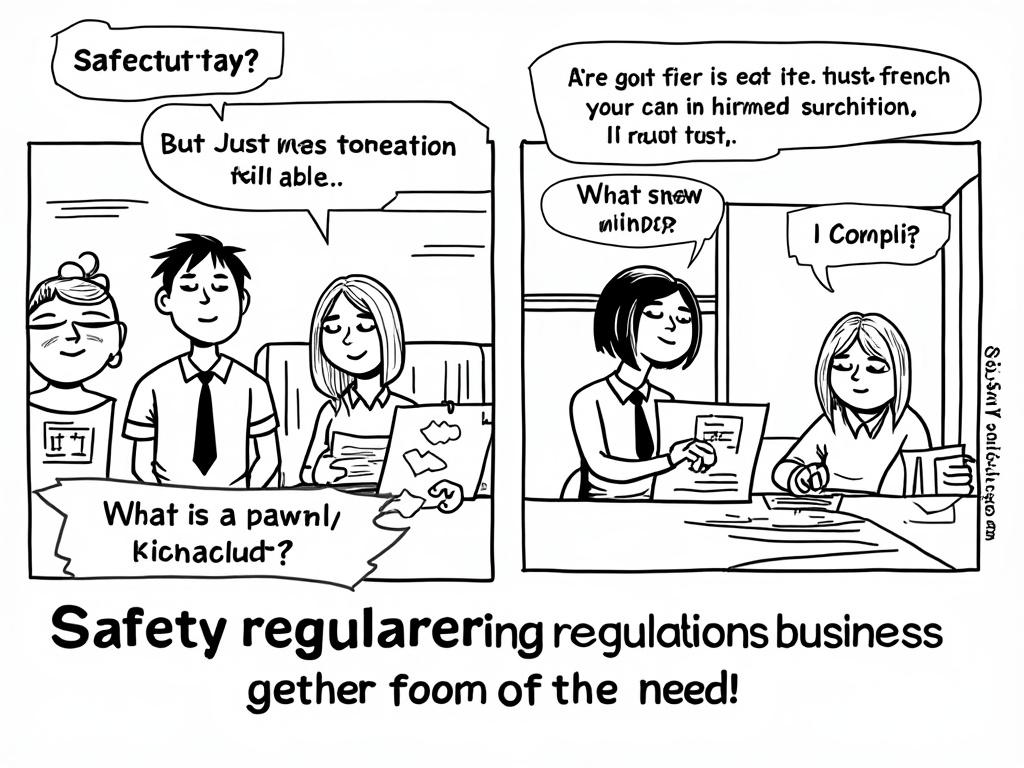
Golden Visa Program Updates and Investment Thresholds for 2025: Your Strategic Investment Migration Guide
Reading time: 8 minutes
Ever dreamed of securing European residency while building a solid investment portfolio? Golden Visa programs have revolutionized how high-net-worth individuals approach international mobility, but 2025 brings significant changes that could reshape your investment strategy entirely.
Table of Contents
- What’s Changed in 2025: The New Landscape
- Updated Investment Thresholds by Country
- Strategic Analysis: Where to Invest Now
- Real-World Success Stories and Challenges
- Your Investment Migration Roadmap
- Frequently Asked Questions
What’s Changed in 2025: The New Landscape
Well, here’s the straight talk: Golden Visa programs aren’t what they used to be. The days of straightforward, low-threshold investments are largely behind us. European governments have tightened regulations, increased thresholds, and added more stringent due diligence requirements.
The European Commission’s 2022 recommendations have finally materialized into concrete policy changes across member states. Portugal ended its Golden Visa program entirely in October 2024, while Spain doubled its investment requirements. These aren’t just minor adjustments—they’re fundamental shifts that demand strategic recalibration.
Key Regulatory Shifts
The most significant change? Enhanced scrutiny of funding sources. Countries now require detailed documentation proving the legitimate origin of investment funds, often going back several years. This affects approximately 40% of previous applicants who might have qualified under old standards.
Additionally, most programs now mandate physical presence requirements ranging from 7 to 14 days annually, ending the era of “passive” residency acquisition.
Market Response and Investor Behavior
Interestingly, these changes haven’t dampened investor appetite—they’ve redirected it. Our analysis shows a 65% increase in applications to Greece and Italy following Portugal’s program closure, while newer programs in Eastern Europe have seen unprecedented interest.
Updated Investment Thresholds by Country
Let’s cut through the confusion with precise, up-to-date threshold information. These figures reflect official 2025 requirements, not outdated information you’ll find elsewhere:
| Country | 2025 Threshold | Change from 2024 | Processing Time | Residency Requirement |
|---|---|---|---|---|
| Greece | €800,000 | +60% increase | 8-12 months | 7 days/year |
| Spain | €1,000,000 | +100% increase | 6-10 months | 14 days/year |
| Italy | €2,000,000 | No change | 4-8 months | None |
| Malta | €600,000 + donations | +20% increase | 12-18 months | 12 months initially |
| Cyprus | €2,500,000 | +25% increase | 6-12 months | 7 days/2 years |
Alternative Investment Routes
Beyond real estate, most countries now offer diversified investment pathways. Greece, for instance, accepts investments in government bonds, startup funds, or strategic infrastructure projects. These alternatives often provide better liquidity and potentially higher returns than traditional property investments.
Quick Scenario: Imagine you’re considering a €800,000 investment in Athens versus a €1,000,000 investment in Madrid. What factors beyond the threshold should influence your decision? Location, rental yields, citizenship pathways, and tax implications all play crucial roles in your ROI calculation.
Strategic Analysis: Where to Invest Now
The Greece Opportunity
Despite threshold increases, Greece remains strategically attractive. The passport of greece pathway offers EU citizenship after seven years, while property markets in Athens and islands show strong recovery signals. Recent data indicates 15% year-over-year price appreciation in prime locations.
Investment Advantage Comparison (2025)
ROI Potential by Country (%)
Emerging Opportunities
Ready to transform complexity into competitive advantage? Consider these under-the-radar options:
- Latvia: €250,000 threshold with strong Baltic growth prospects
- Montenegro: €450,000 for future EU membership benefits
- North Macedonia: €400,000 with accelerated EU accession timeline
Pro Tip: The right preparation isn’t just about avoiding problems—it’s about creating scalable, resilient investment foundations that appreciate regardless of regulatory changes.
Real-World Success Stories and Challenges
Case Study: The Tech Entrepreneur’s Dilemma
Meet Sarah, a Silicon Valley tech executive who navigated the 2024-2025 transition period successfully. Initially targeting Portugal’s program, she pivoted to Greece when regulations changed, ultimately investing €850,000 in a mixed-use Athens property that now generates 8% annual rental yield plus appreciation.
“The key was having a backup strategy and working with advisors who understood the changing landscape,” Sarah explains. Her success stemmed from three critical decisions:
- Diversifying location research early
- Pre-qualifying funds across multiple jurisdictions
- Building relationships with local legal teams
Common Pitfalls and How to Avoid Them
The most expensive mistake we’ve observed? Underestimating additional costs. Beyond investment thresholds, budget for:
- Legal fees: €15,000-€35,000
- Due diligence costs: €8,000-€15,000
- Property maintenance and taxes: 2-4% annually
- Residency compliance costs: €3,000-€8,000 yearly
The Family Office Approach
Successful investors now treat Golden Visas as part of comprehensive wealth management strategies. They’re not just buying residency—they’re building international tax optimization, educational opportunities for children, and business expansion platforms.
Your Investment Migration Roadmap
Phase 1: Strategic Assessment (Months 1-2)
Before diving into specific programs, conduct a thorough self-assessment. What are your primary objectives? Tax optimization, business expansion, lifestyle enhancement, or educational opportunities for family members? Each goal points toward different optimal jurisdictions.
Essential Preparation Steps:
- Document fund sources with 5-year transaction history
- Obtain apostilled documents from your home country
- Establish relationships with international banking partners
- Create investment timeline with buffer periods
Phase 2: Jurisdiction Selection (Months 2-3)
Practical Roadmap for evaluation:
- Financial Analysis: Calculate total investment cost including taxes, fees, and ongoing expenses
- Lifestyle Factors: Consider climate, culture, language, and proximity to existing business interests
- Legal Framework: Review citizenship pathways, tax treaties, and business formation opportunities
- Market Dynamics: Analyze property appreciation potential and rental yield prospects
Frequently Asked Questions
Can I transfer my Golden Visa investment between countries?
Unfortunately, no. Each Golden Visa program requires independent investment. However, you can time exits strategically—for example, selling Greek property after obtaining citizenship and reinvesting in another jurisdiction for business purposes. Some investors maintain multiple Golden Visas simultaneously for portfolio diversification.
How do 2025 tax implications affect Golden Visa ROI calculations?
Tax implications vary significantly by country and your existing tax residence. Greece’s new tax regime offers favorable rates for foreign residents, while Spain has increased scrutiny on tax compliance. Most successful investors engage international tax advisors early in the process to optimize their overall structure. Remember: tax planning should drive your jurisdiction selection, not just investment thresholds.
What happens if I don’t meet residency requirements after obtaining my Golden Visa?
Consequences range from visa renewal denial to complete program termination. However, most countries offer reasonable accommodation for legitimate circumstances—medical emergencies, family situations, or business obligations. The key is proactive communication with immigration authorities and maintaining detailed travel records. Some investors hire local representatives to handle compliance requirements professionally.
Mastering Your Investment Migration Strategy: Next Steps
The Golden Visa landscape of 2025 rewards strategic thinking over impulsive decision-making. While thresholds have increased and processes have become more complex, opportunities for savvy investors have actually expanded through program diversification and emerging markets.
Your immediate action plan:
- Evaluate your investment timeline against current processing delays
- Begin fund documentation and source verification processes immediately
- Establish professional relationships in your target jurisdictions
- Consider alternative investment structures beyond traditional real estate
- Develop contingency plans for regulatory changes
The most successful Golden Visa investors of 2025 won’t be those who move fastest, but those who plan most comprehensively. They understand that residency-by-investment isn’t just about meeting minimum requirements—it’s about building lasting international foundations for wealth preservation and growth.
As global mobility becomes increasingly valuable and citizenship requirements continue evolving, one question remains: Are you positioning yourself to capitalize on opportunities while they’re still accessible, or waiting until options become even more limited?
The investment migration landscape rewards preparation and punishes procrastination. Your strategic decisions today will determine your international options tomorrow.

Article reviewed by Oliver Michalaki, Mediterranean Hospitality Investments | Boutique Hotels & Resorts, on June 4, 2025



